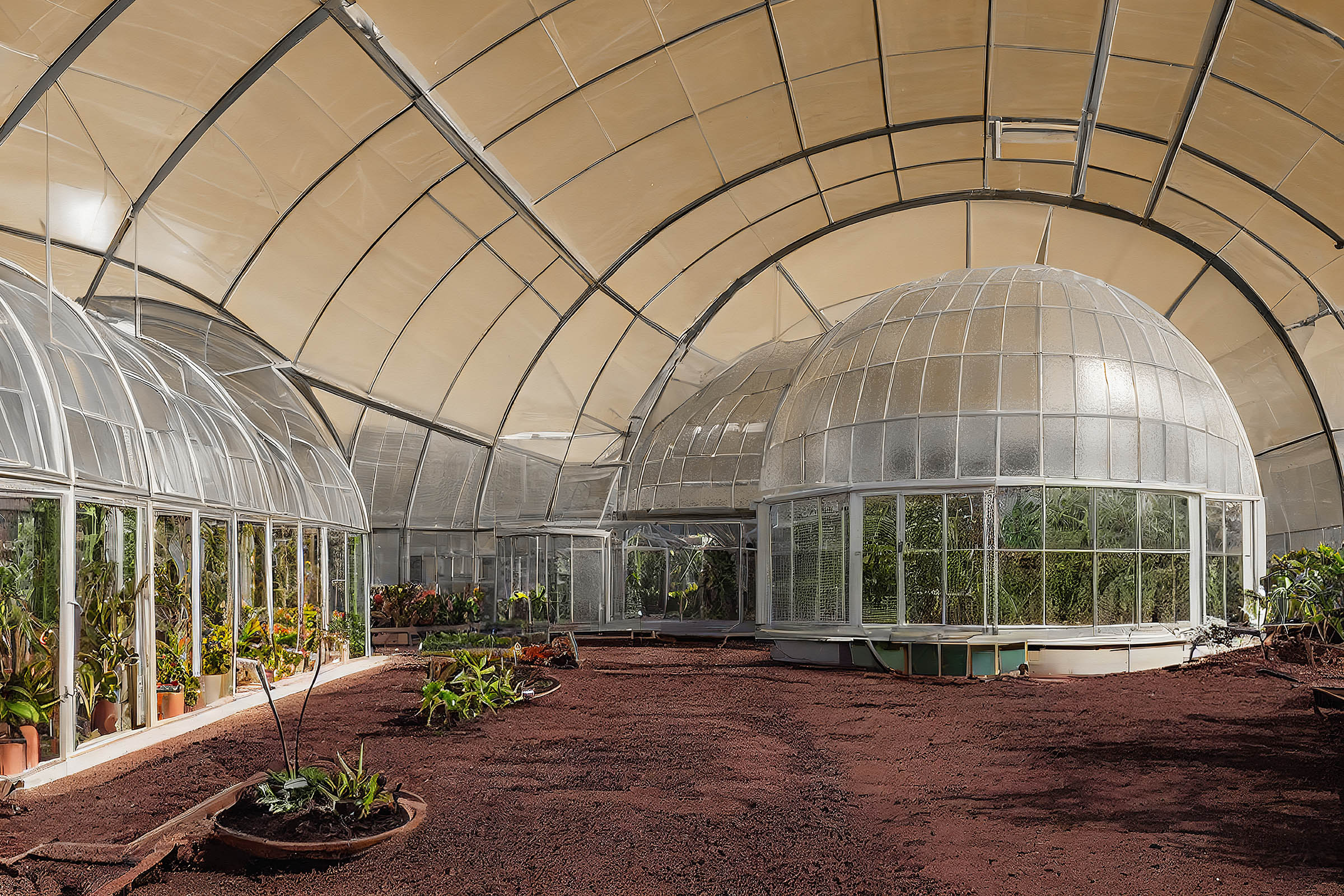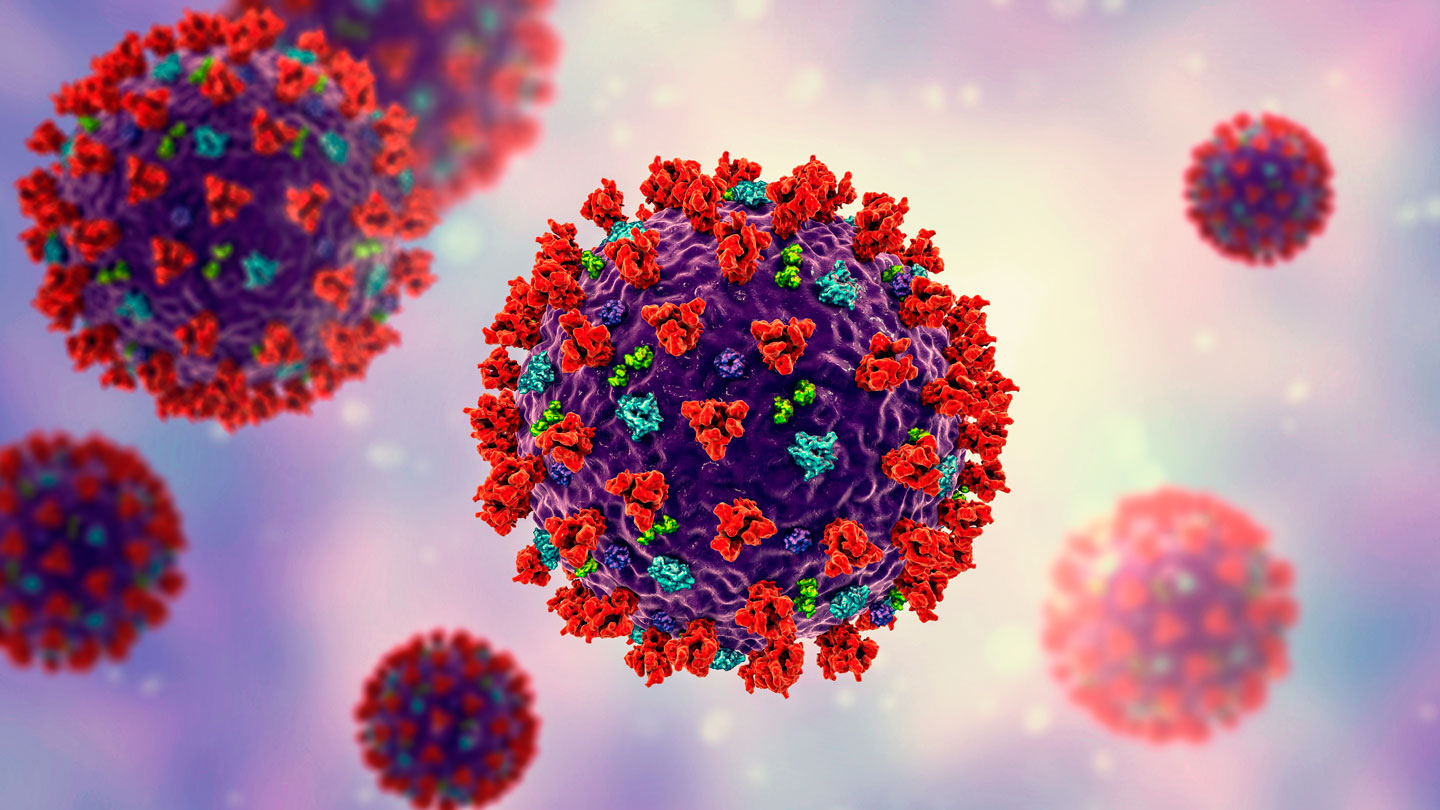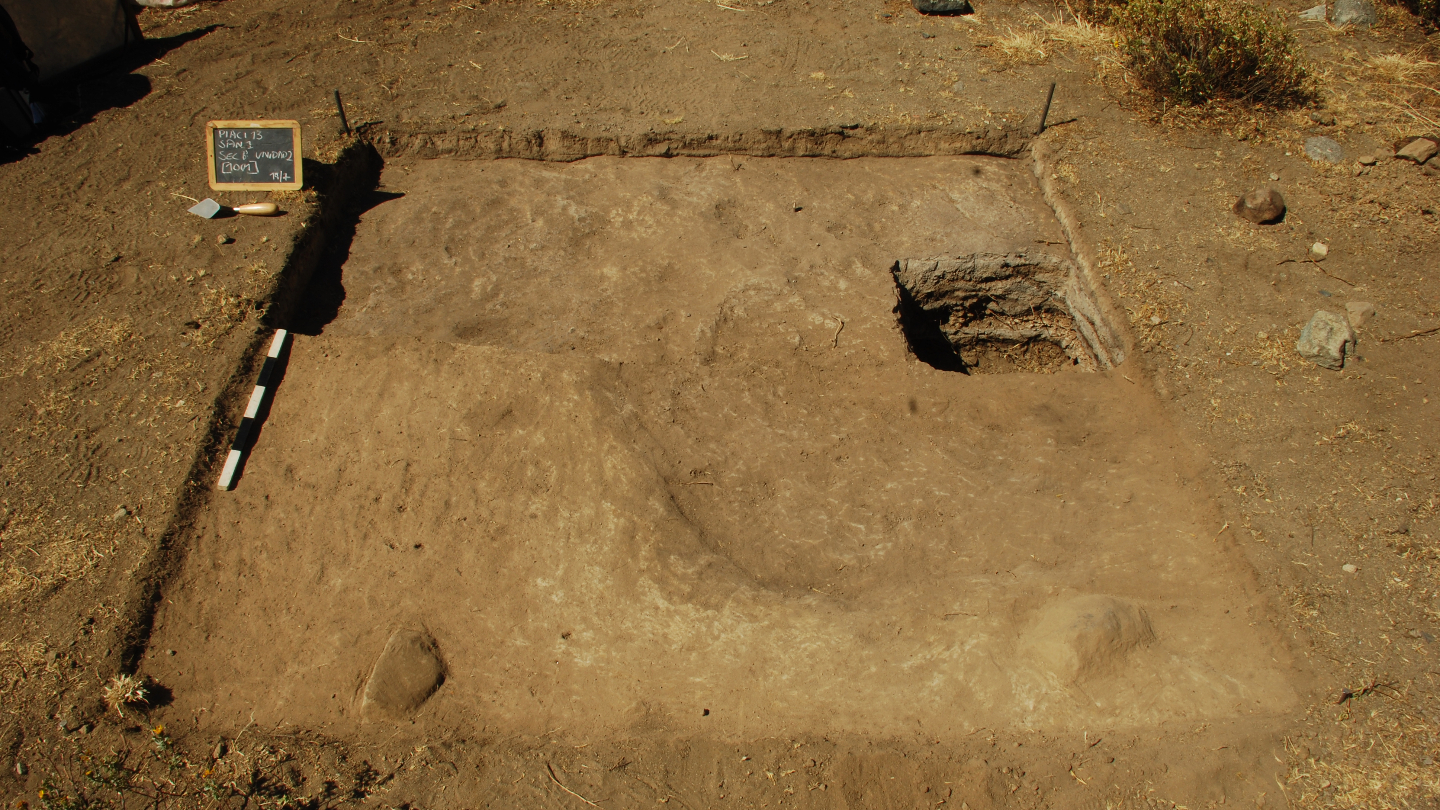Birds living on a university campus found to be less afraid of humans after the pandemic closure
Credit: Pixabay/CC0 Public Domain When UCLA shifted to remote instruction during the early days of COVID-19, the campus was much less populated—but it wasn’t totally empty. Several species of animals continued to go about their daily lives, just with far fewer disturbances from humans. Among them were around 300 dark-eyed juncos, a bird species that …








